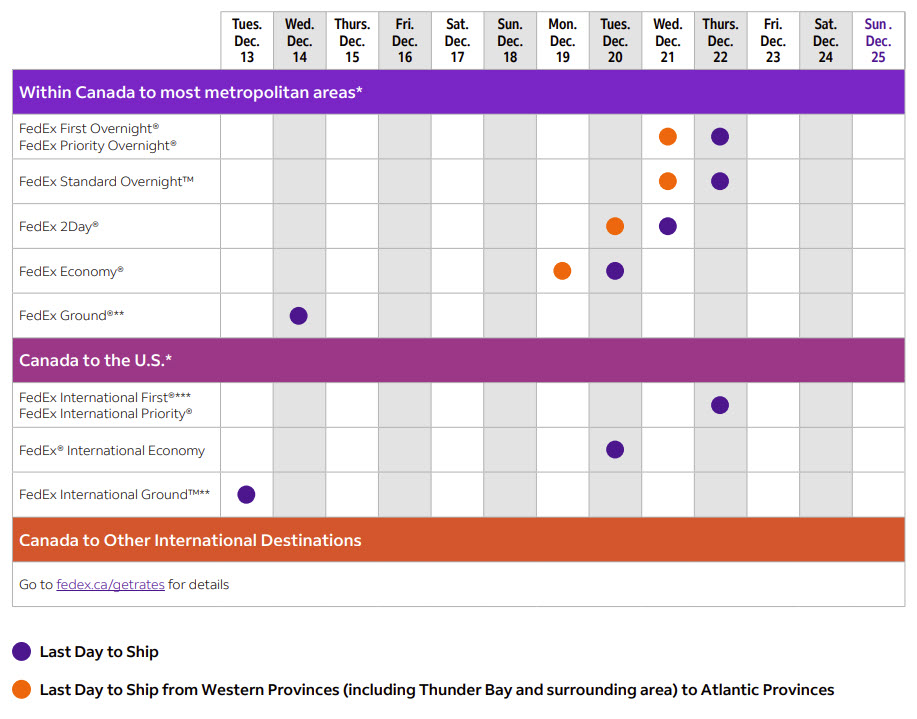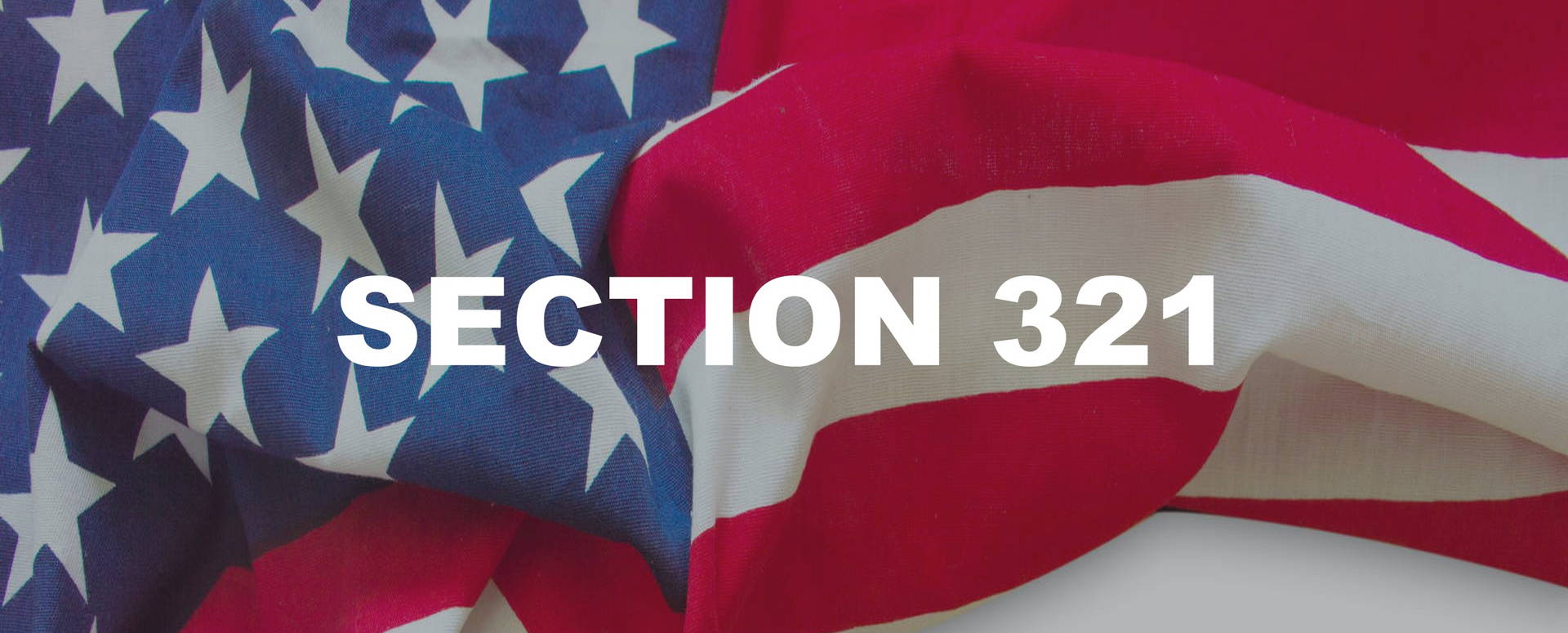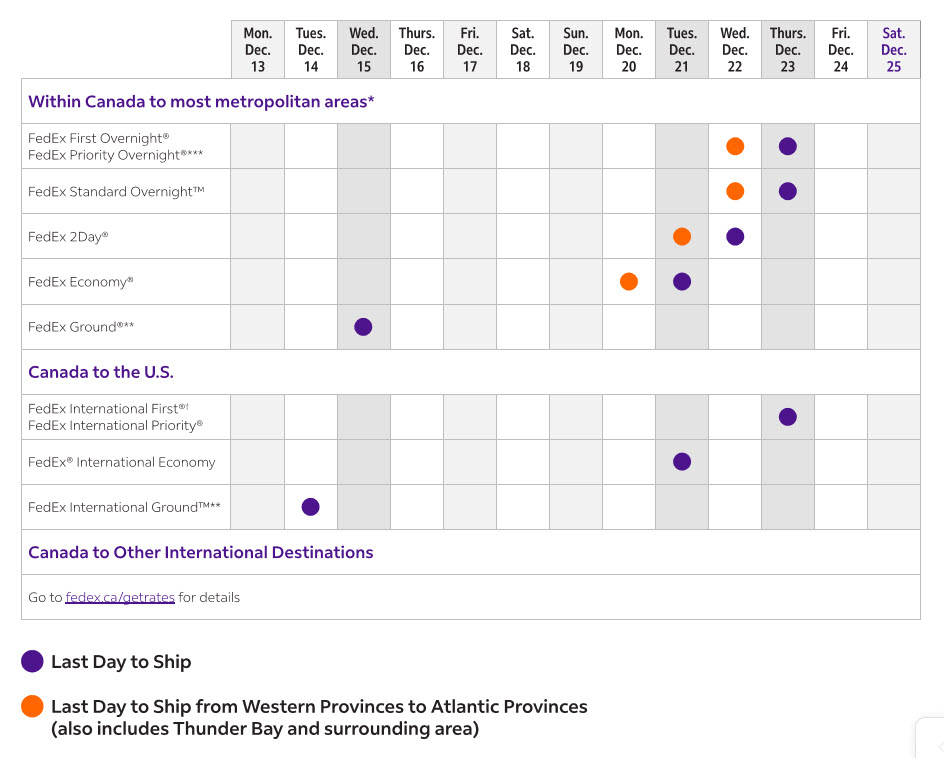What is Section 321?
Generally speaking, when a customer in the U.S. purchases a low-value product from abroad, the importation process can be streamlined and less costly thanks to the Section 321 program.
U.S. Customs and Border Protection (CBP) and the Trade Facilitation and Trade Enforcement Act of 2015 (TFTEA)
The Trade Facilitation and Trade Enforcement Act of 2015 (TFTEA) was signed into law P.L. 114-125 on February 24, 2016. It is the first comprehensive authorization of U.S. Customs and Border Protection (CBP) since the Department of Homeland Security was created in 2003, with the overall objective to ensure a fair and competitive trade environment
The underlying objective of the TFTEA is: Helping American workers and American businesses compete fairly with the rest of the world.
With the exponential growth of the online shopping market in the United States over the past five years, CBP has seen a significant increase in small, low-value packages. In fact, today CBP processes more than 600 million express consignment and international mail shipments a year – approximately 1.8 million a day. The unprecedented growth in volume of these low-value shipments requires creative solutions to prevent illicit and dangerous products from entering the United States, including illicit narcotics, unregulated prescription drugs, brand counterfeits, and unsafe food and beauty products.
All participants must transmit certain required data elements to CBP for the Section 321 Data Pilot. Moreover, CBP has given participants the flexibility to transmit optional data elements as they are able to test the viability of sharing additional information. This information will help CBP ascertain data which are key indicators of compliance with U.S. trade laws and consumer safety. With these additional details, CBP will be able to focus more resources on high-risk shipments while expediting the clearance of legitimate shipments.
Section 321
As a result of TFTEA provisions, Customs and Border Protection raised the de minimis value, i.e., value of a shipment of merchandise imported into the U.S. by one person in one day that generally may be imported free of duties and taxes, from USD $200 to USD $800 per shipment.
Section 321(a)(2)(C) of the Tariff Act of 1930, as amended, authorizes CBP to provide an administrative exemption to admit free from duty and tax shipments of merchandise (other than bona fide gifts and certain personal and household goods) imported by one person on one day having an aggregate fair retail value in the country of shipment of not more than USD $800. This exemption is known as a de minimis entry. CBP has created Section 321 programs to enable the agency to monitor and protect against illegitimate trade while providing the public the benefits of duty-free shipments for qualified imports.
What It Means for US Importers
Generally speaking, when a customer in the U.S. purchases a low-value product from abroad, the importation process can be streamlined and less costly thanks to the Section 321 program. The program is designed to facilitate the faster clearance of shipments arriving at the U.S. border while also enhancing the ability of U.S. Customs and Border Protection to identify and inspect potentially illegitimate or violative shipments. This helps the importer of goods by allowing for faster clearance of shipments at the border and aids the CBP in protecting against illegal importations.
There are exceptions to Section 321 that limit certain types of importations such as: alcoholic beverages; tobacco products; textiles; goods subject to inspection; commodities subject to tariff-rate quotas; goods subject to Anti-Dumping (ADD) and Countervailing Duty (CVD); and more.
More Information
For detailed information about the Section 321 program, please visit the U.S. Customs and Border Protection website:
To find out if your products can be imported into the U.S. duty and tax free under Section 321, please CONTACT US at Kitpak Fulfillment today for a comprehensive review of your fulfillment requirements.











